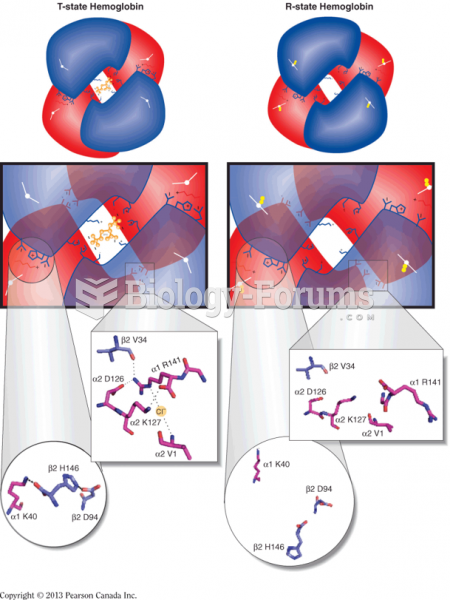|
|
|
Coca-Cola originally used coca leaves and caffeine from the African kola nut. It was advertised as a therapeutic agent and "pickerupper." Eventually, its formulation was changed, and the coca leaves were removed because of the effects of regulation on cocaine-related products.
Only one in 10 cancer deaths is caused by the primary tumor. The vast majority of cancer mortality is caused by cells breaking away from the main tumor and metastasizing to other parts of the body, such as the brain, bones, or liver.
The FDA recognizes 118 routes of administration.
Patients who cannot swallow may receive nutrition via a parenteral route—usually, a catheter is inserted through the chest into a large vein going into the heart.
Drugs are in development that may cure asthma and hay fever once and for all. They target leukotrienes, which are known to cause tightening of the air passages in the lungs and increase mucus productions in nasal passages.
 Arctic and alpine cushion plant form and orientation increases heat gain from sunlight and the surro
Arctic and alpine cushion plant form and orientation increases heat gain from sunlight and the surro
 Functional MRI Scans These scans of human brains show localized average increases in neural activity
Functional MRI Scans These scans of human brains show localized average increases in neural activity





